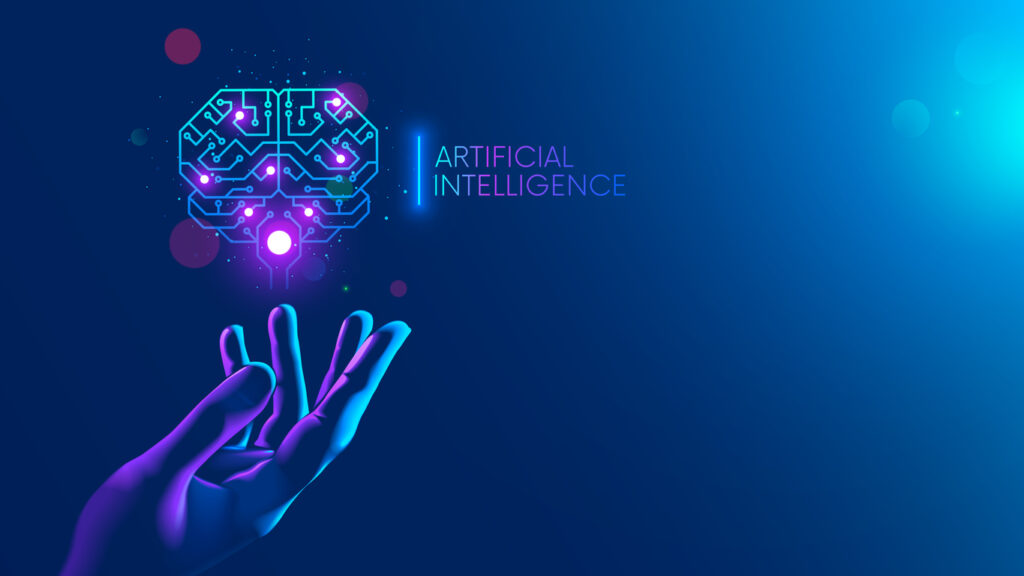Artificial Intelligence FAQ
Will AI reduce jobs in future?
AI is still developing. There is a huge scope for improvement and advancements in the field of AI, and although there might be some amount of upskilling required to keep up with the changing trends, AI will most likely not replace or reduce jobs in the future. In fact, a study by Gartner suggests that AI-related jobs will reach two million net-new jobs by the year 2025. The adoption of AI will help in making tasks easier for an organization. To stay relevant in the constantly changing world, it is necessary to upskill and learn these new concepts.
How AI Works?
Building an AI system is a careful process of reverse-engineering human traits and capabilities in a machine, and using it’s computational prowess to surpass what we are capable of. Artificial Intelligence can be built over a diverse set of components and will function as an amalgamation of
- Philosophy
- Mathematics
- Economics
- Neuroscience
- Psychology
- Computer Engineering
- Control Theory and Cybernetics
- Linguistics
How is artificial intelligence used in robotics?
Artificial Intelligence and Robotics are usually seen as two different things. AI involves programming intelligence whereas robotics involves building physical robots. However, the two concepts are correlated. Robotics does use AI techniques and algorithms and AI bridges the gap between the two. These robots can be controlled by AI programs.
Why is artificial intelligence important?
From music recommendations, map directions, mobile banking to fraud prevention, AI and other technologies have taken over. AI is important because of a number of reasons. There are several advantages to AI, such as, Reduction in human error, available 24×7, helps in repetitive work, digital assistance, faster decisions and more.
What are weak methods in AI?
Weak AI is a narrow application with a limited scope. It uses supervised and unsupervised learning to process data. Example: Siri, Alexa.
What are the branches of AI?
Artificial Intelligence can be divided mainly into six branches. They are, Machine learning, neural networks, Deep Learning, Computer Vision, Natural language processing, Cognitive Computing.
How can I start learning Artificial Intelligence?
To learn Artificial Intelligence, you need to have skills such as Math, Science, and Computer Science. You can also opt for some online tutorials and learn Artificial Intelligence from the comfort of your home.
What are the 4 types of AI?
The four typical types of Artificial Intelligence are Reactive Machines, Limited Memory, Theory of Mind, and Self Aware.
What are the basic things to learn Artificial Intelligence?
The basics of Artificial Intelligence are Advanced Math and Stats, programming language, Machine Learning, and a lot of patience. You must know that Artificial Intelligence and Machine Learning include machine learning, python code, computer science, natural language processing, data science, math, psychology, neuroscience, and many other disciplines.
Is AI difficult to learn?
Artificial Intelligence is not tough; however, you would be required to spend time on it. The more the number of projects you work on, the better you will get at it. Along with skills, you need the determination to learn AI.


